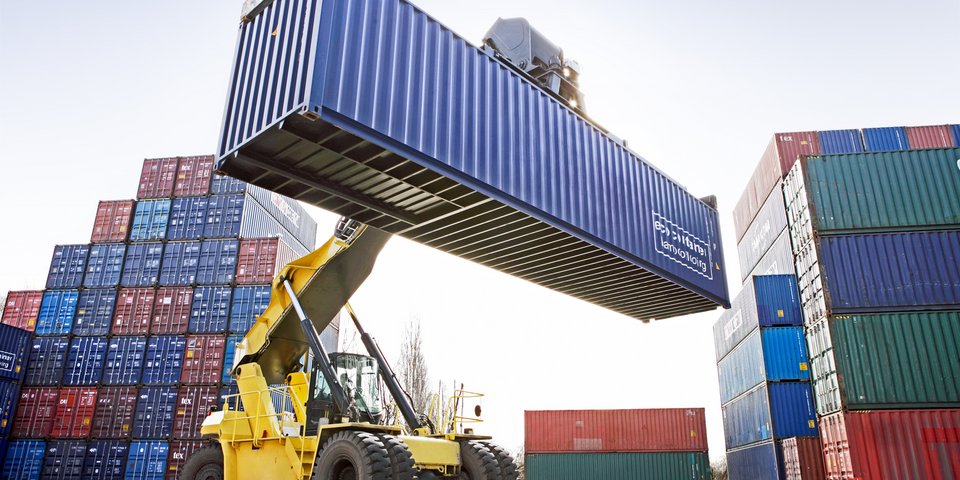 thomaslerchphoto - Fotolia
thomaslerchphoto - FotoliaSingle Market Emergency Instrument
New EU instrument to protect the single market from crises
MK – 09/2022
Looking back, it is hard to say that
everything went well in the pandemic. The weak solidarity between EU Member
States has been particularly noticeable, manifesting itself in uncoordinated
border closures or bans on the export of goods. Repeatedly, shipments of
coronavirus personal protective equipment were stopped at national borders. The
respiratory medicinal product propofol was also not allowed to cross the
Italian borders, although it was urgently needed. Now the European Commission
has proposed legislation
for an emergency instrument as part of a review of the EU Industrial
Strategy 2021. The “Single Market Emergency
Instrument" (SMEI) is intended to be applied in any kind of crisis; be it
another pandemic, a war or a natural disaster.
Phases of the SMEI
The SMEI is a
kind of "early warning system". In particular, it is intended to
prevent such mistakes that were made during the pandemic. It complements other
EU legislative measures, such as the disaster management mechanism. To this
end, there will be three phases: planning, monitoring and emergency.
- The
first phase deals with the planning of the
European Commission and the Member States to establish a coordination and
communication network for enhanced preparedness.
- In the second phase, the
supply chains are to be increasingly monitored in order to be prepared for
possible disruptions at an early stage. Stocks of strategically important goods
are also to be built up.
- The third phase is the emergency mode. An Advisory Body, consisting
of one representative from each Member State, is to support the European
Commission in assessing the crisis. If the Advisory Group and the European
Commission conclude that a crisis is imminent, the Commission recommends to the
Council to initiate the emergency phase. This can only be proclaimed by a
qualified majority of the EU Member States. The free movement of the single
market is then to be maintained with the help of a blacklist of prohibited
restrictions. Additional powers are also given to the European Commission. This
allows it to ask companies to prioritise certain orders for the production of
crisis-relevant goods. If a company refuses and has no serious reasons for not
delivering the goods on a priority basis, it will be sanctioned. The emergency
mode is limited to six months.
SMEI does not affect all products
The respective
crisis situation determines which products are considered crisis-relevant and
to which the new emergency instrument can be applied: The draft law describes
them as goods and services that cannot be replaced and are indispensable for
the functioning of the single market in strategically important areas. However,
this does not include all goods. The new
instrument is not to apply in areas for which there are already sector-specific
regulations - such as medicinal products, medical devices and equipment and
financial services.
